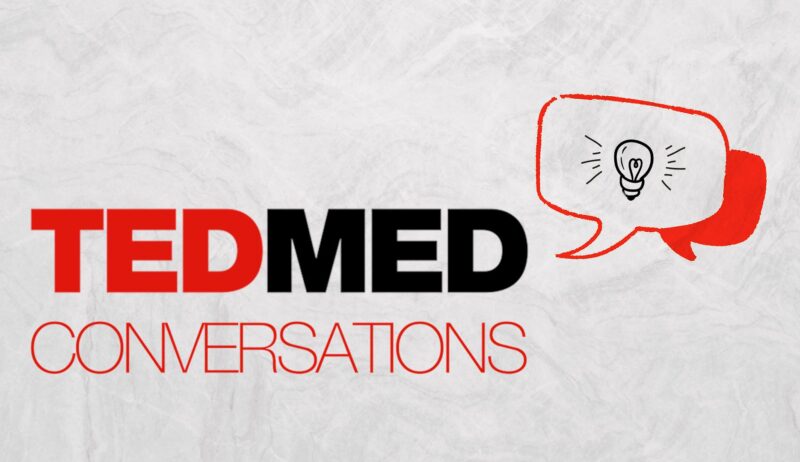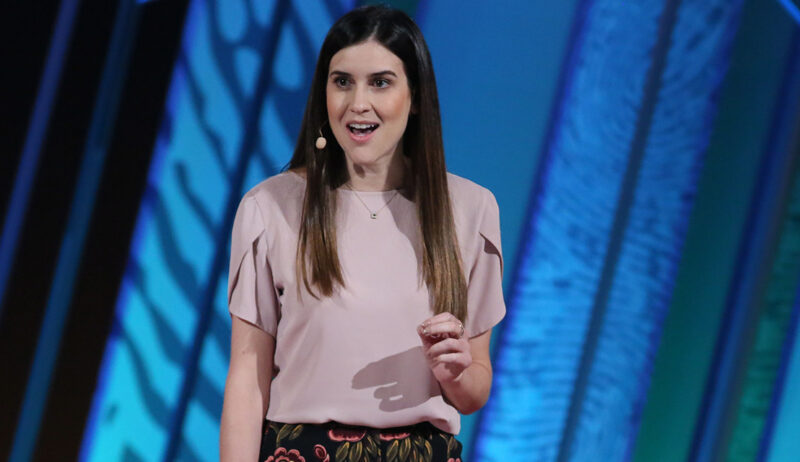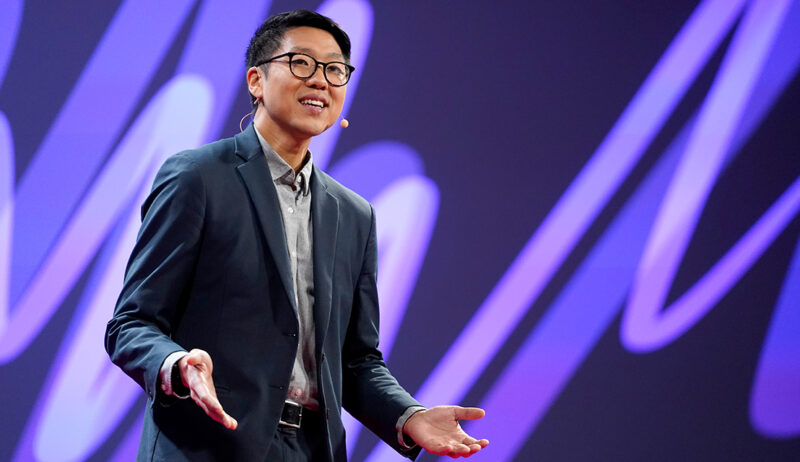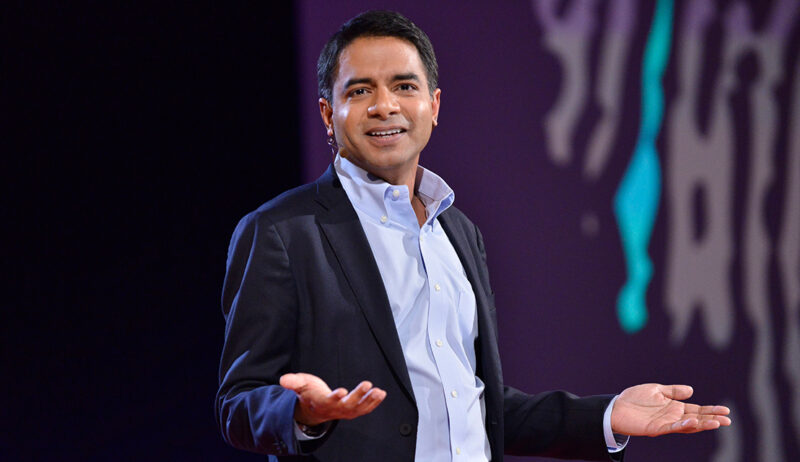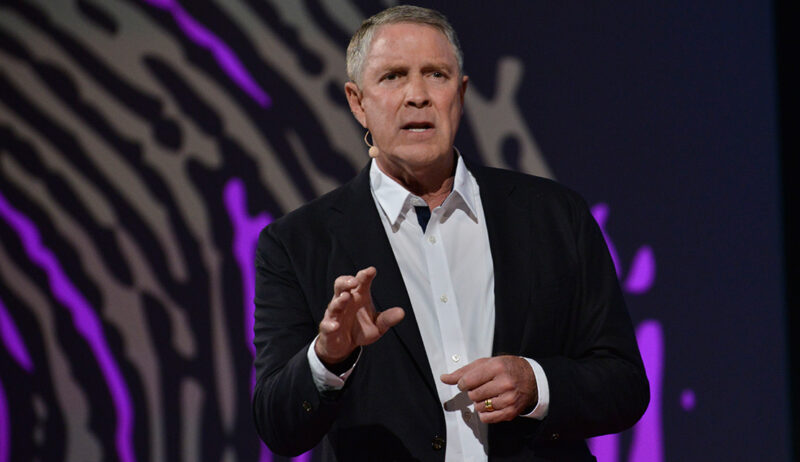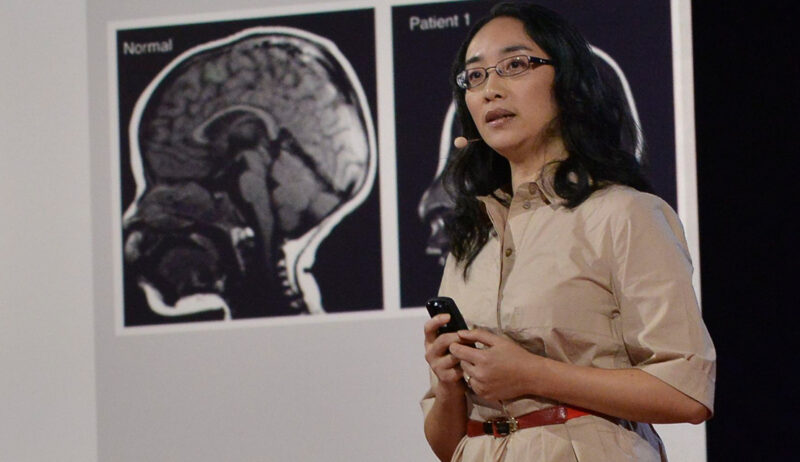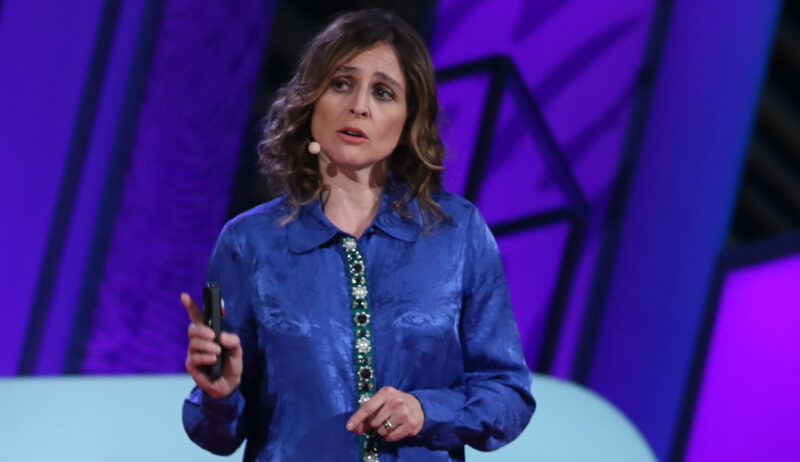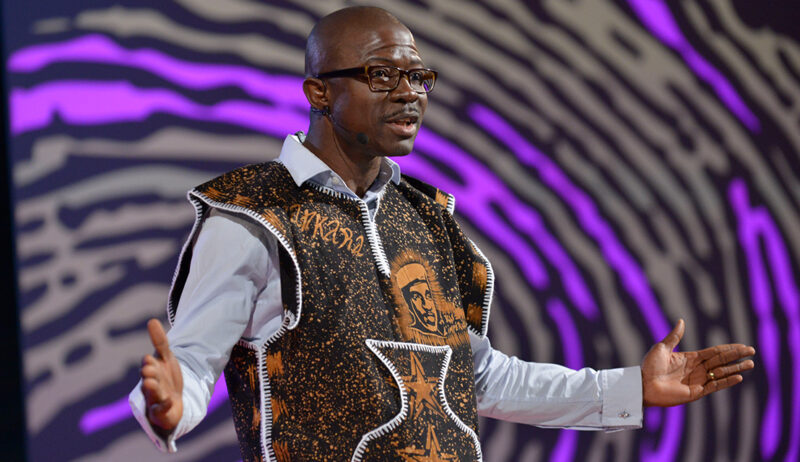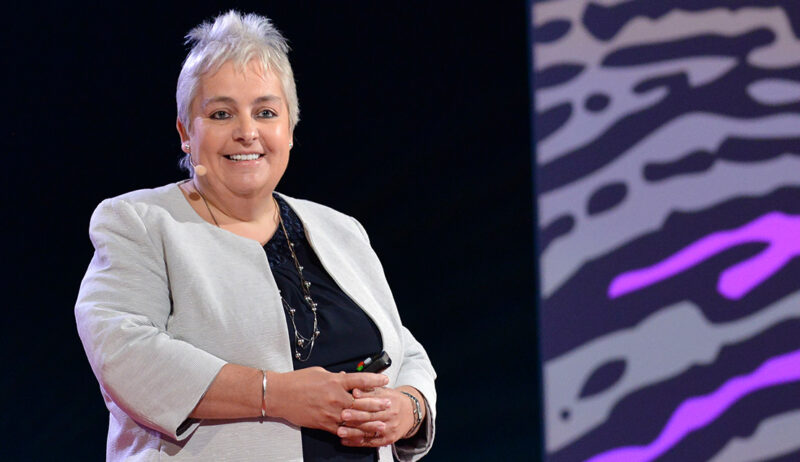About this talk
Greg Corrado, Co-founder of The Google Brain team and Principal Scientist on Google’s AI Healthcare team, has spent the last decade at the forefront of the AI revolution. Greg’s vision for how AI will help to shape the future of health and medicine is grounded in his experience as a neuroscientist—before he started working on computer neural networks, he was focused on neural networks in the human brain.
From distilling data insights to improving the decision making process, Greg sees a multitude of ways that AI and machine learning can help magnify the healing powers of doctors. In fact, he believes that doctors who embrace AI will “see their healing powers expand more than they have in a hundred years.” Tune in to Greg’s 2017 TEDMED Talk to learn more about the enormous role that AI and machine learning will play in the future of health and medicine, and why doctors and other healthcare professionals must play a central role in that revolution.
About Greg Corrado
See more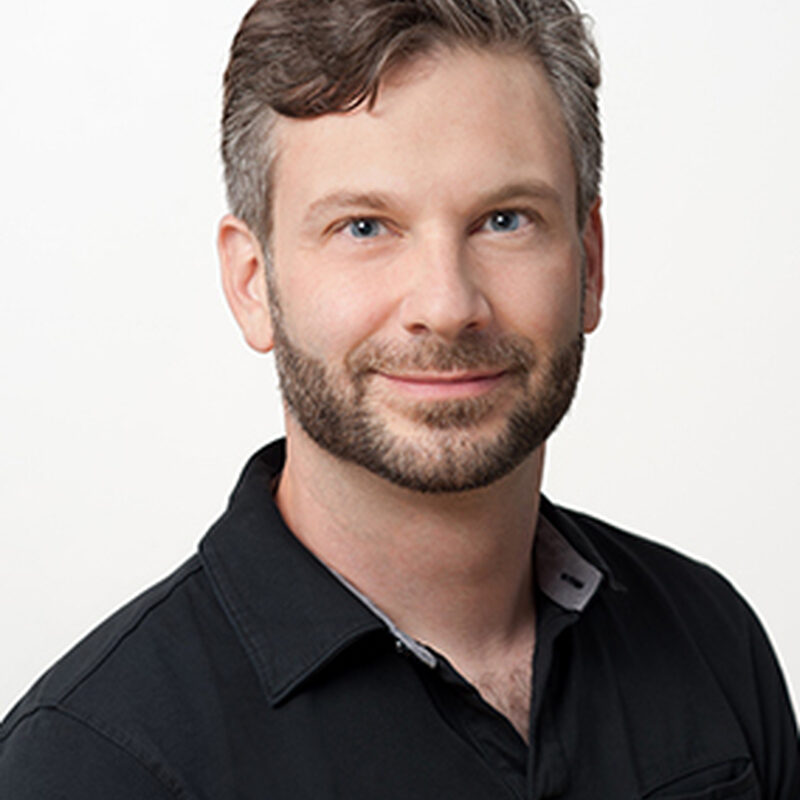
Greg Corrado is a leading scientist working on the future of artificial intelligence (AI) in healthcare. He is the Head of Health AI at Google and was a co-founder of the company’s famous Google Brain team. His work combines his knowledge of the human brain with the power of machine learning to create new tools for medicine. Greg’s main goal is to make healthcare more accurate and accessible to everyone. He has led projects that use AI to help doctors find diseases in medical scans. For example, he has developed AI systems that can detect conditions like diabetic retinopathy, a leading cause of blindness, by analyzing photos of the eye. He also helped create RankBrain, a core part of Google’s search engine that uses AI to better understand what people are looking for online. Greg is a frequent speaker at major conferences and is dedicated to showing how AI can be a powerful and positive force in the world. His research bridges the gap between technology and medicine, working to use data and smart systems to improve patient outcomes on a global scale.
